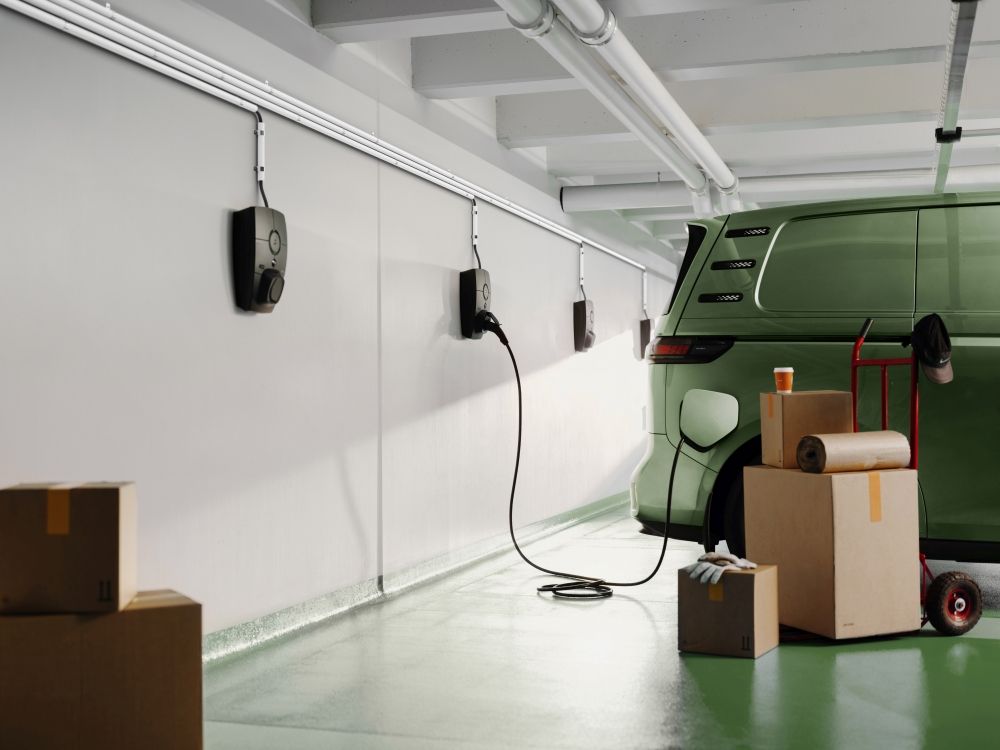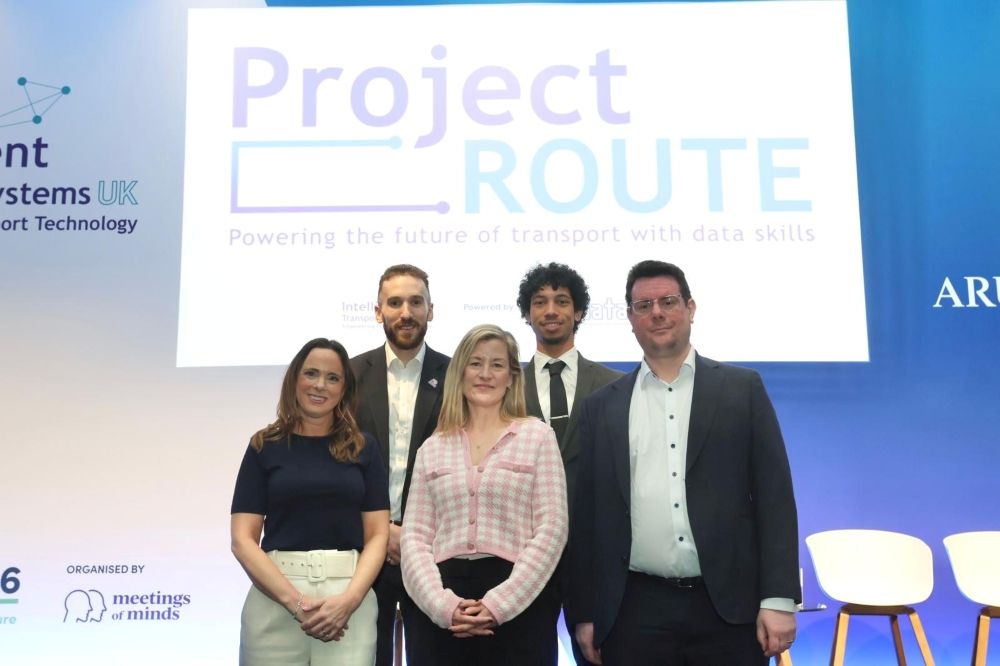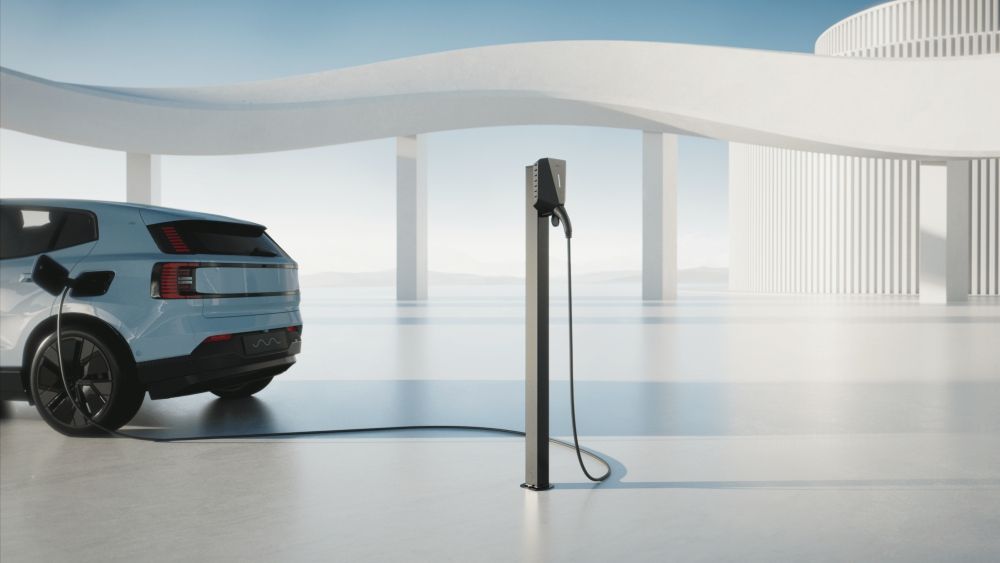Kathleen MacLean, Head of Growth at ev.energy, looks at how to advance the electric vehicle (EV) transition through smart charging.
Despite Prime Minister Rishi Sunak’s decision to push back the ICE Ban from 2030 to 2035, the Department for Transport has confirmed that the zero-emissions vehicle (ZEV) mandate will go ahead next year. In parallel, energy providers are tasked with generating 100% zero-carbon electricity by 2035. As a result, both the energy and transport sectors find themselves under pressure to maintain progress toward achieving net zero emissions, holding the UK’s transition to zero carbon on their shoulders.
While the sale of electric vehicles (EVs), the installation of new charging infrastructure, and the transition to renewable energy-powered electricity are crucial steps, they alone cannot solve the challenge of building a zero-carbon transport system. Addressing the complex issues and seizing opportunities presented by this transformation requires innovative solutions. This is our chance to reimagine transportation – and build a better future for our children, without air pollution, and where we are tempering the effects of climate change.
The role of the energy and transport sectors in a successful EV transition
Transitioning to EVs brings forth common concerns: the high cost of vehicles and chargers, range anxiety, and the increased cost and dependence on electricity. To enable mass EV adoption, the industry must offer not only affordable solutions that meet consumers’ needs but also foster innovation in EV charging and the energy system’s capacity.
While there has been progress in the past decade, there is still much work to be done. Part of the solution lies in automotive and energy companies offering compelling propositions to drivers, and propositions accessible to everyone. However, charging is the real decision-maker. Despite efforts to make EV charging more convenient, further convergence between the transport industry and the energy system is essential to unlock the full potential of a transformed energy and transport ecosystem.
The recent surge in gas prices underscores the urgency of reducing our reliance on fossil fuels and accelerating the deployment of low-carbon energy generation. Renewables, like wind and solar, capitalise on nature’s freely available resources. In the UK, we’re fortunate to have abundant renewable energy available through either wind or solar energy all year round, but it remains underutilised. We don’t need to import energy from other countries; we simply need to capture it and utilise it efficiently. Once the initial infrastructure for renewable sources is in place, ongoing costs will be notably lower compared to fossil fuels.
Electric vehicles are a real game changer, as their charging can be shifted dynamically to fluctuations in supply and demand on the grid. This type of energy utilisation is called Smart Charging – optimising your energy demand to soak up renewable energy. For EV owners utilising smart charging, the synergy with renewables could translate to an annual saving of approximately £700. Embracing renewables is not only a greener choice but also a more cost-effective one. EVs can play a pivotal role in utilising renewable energy to help achieve energy independence and security at an accessible cost.
Peace of mind with a connected grid
As more drivers switch to EVs, we must ensure that the grid can support the growing demand for electricity and prevent potential power outages during peak times. Smart charging technology enables the seamless integration of electric vehicles into the public charging network, reducing the strain on the grid. This integration brings down the cost of public charging, may reduce taxes related to grid infrastructure upgrades, and enhances grid resilience.
Collaboration through software
Collaborative action between grid operators and car manufacturers is essential to manage demand, reduce emissions, and bring down energy bills. Smart charging solutions can prioritise charging during off-peak hours when electricity is cheaper and demand is lower, easing the grid’s burden during peak times and offering EV owners lower charging rates based on real-time energy prices.
Moreover, smart charging enables bi-directional energy flow, allowing EVs to function as mobile energy storage devices that can supply power back to the grid during peak demand or emergencies.
By integrating smart charging technology into the EV ecosystem, we can enhance grid resilience, optimise energy usage, create a more sustainable energy future, and pave the way for a low-carbon economy in which the EV transition will play a big part.
Looking forward, acting now
Electric vehicles and other carbon-efficient transport options are fundamentally better for drivers and society, so they will scale naturally. Yet, achieving this transition requires behavioural change, including a revaluation of our transportation fuel sources.
Considering the UK’s target to transition to a zero-carbon electricity system by 2035 and the need to accelerate transport decarbonisation accentuated by the ZEV mandate, the industry needs to provide affordable solutions that not only meet consumers’ needs but also address industrial requirements from a supply chain perspective. And that’s where smart EV charging can play a big part.
All in all, collaboration between the transport, energy, and tech industries is paramount to creating a sustainable grid and unlocking the EV transition to the mass market.
Image courtesy of ev.energy












